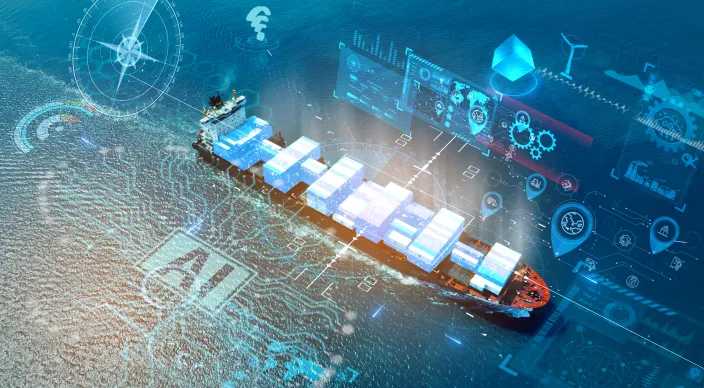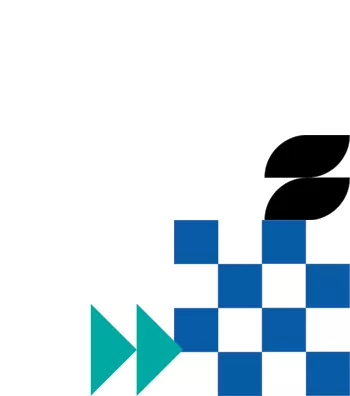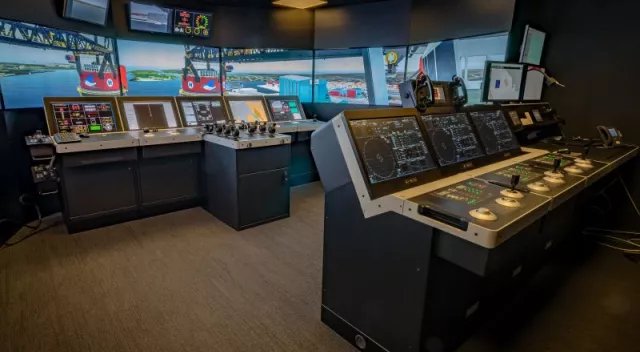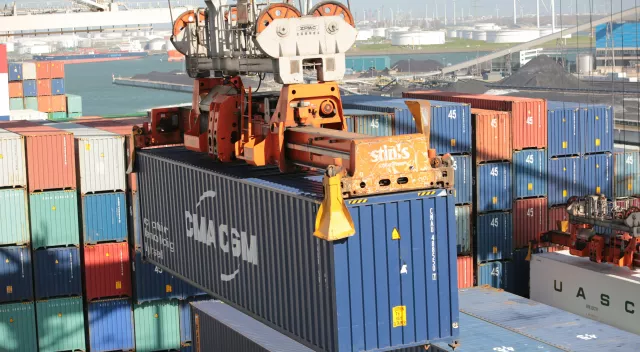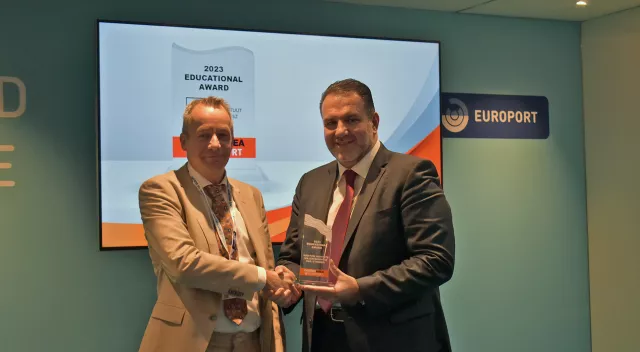
Maritime Law
How can we use the sea in a sustainable way? How can we protect ships and the seabed from attack? Now that there is a shortage of seafarers, how can we ensure that ships sail as efficiently as possible? These are some of the questions that the Maritime Law professorship is working on.
Regulations on ship emissions are becoming increasingly stringent. Consequently, shipping companies are opting for alternative fuels, such as methanol or hydrogen. The research group is collaborating with companies and students to investigate how existing regulations need to be adapted to enable the safe use of these fuels. The rapidly changing geopolitical situation is also evident at sea. Protecting data cables and pipelines on the seabed, as well as securing ships against physical and cyber attacks, raises legal questions regarding the rights and obligations of countries. Digitisation can play a key role in ensuring that ships are efficient, clean and safe. At the same time, however, attention must be paid to cybersecurity and the legal and ethical aspects of data and AI usage. The maritime law professorship is designing legal frameworks for the use of AI in the maritime sector. In this regard, the professorship collaborates with maritime companies and software developers.
The Maritime Law professorship is a cross-over group combining the MIWB and the Thorbecke Academy. Through multidisciplinary collaboration, researchers and students learn from each other and develop practical solutions.
Research assignment
The mission of the maritime research group is:
‘Striving for sustainable, safe and secure ships and seas through innovation.’
To fulfil this mission, the research group focuses on three research themes, with digitalisation supporting the themes of sustainability, safety and security:

The research group collaborates closely with other knowledge institutes, such as HR, TU Delft, MARIN, RUG and NLDA. They also work with the maritime industry on many of their research projects, the Professional Doctorate pilot scheme, the maritime lecturer platform and the Maritime Master Plan.
Impact
The maritime research group focuses on sustainability, digitisation and safety. It creates impact through its research projects, which involve large consortia of international maritime partners. Its research also impacts education through the development of minors, the participation of Bachelor's students in research projects, integrating research projects into Master's assignments, developing curricula, participating in assessment committees, and developing and implementing the maritime professional doctorate.
The Maritime Law Professorship, led by Professor Welmoed van der Velde, is integrated into the Maritime Research Group. The group focuses on several research lines:
The professorship conducts practice-oriented research into regulations for cleaner ships and the sustainable use of the sea. As part of the Methanorms project, the professorship is investigating how regulations need to be amended to enable ships to safely run on methanol. The professorship is also investigating how regulations need to be amended to protect people and the environment from leaking ammunition on the seabed in the Remarco project.
Digitalisation can help the maritime sector become safer, more efficient and cleaner, and address the challenges posed by a shortage of seafarers. However, data sharing and the application of AI raise legal and ethical questions. In collaboration with partners, the professorship is developing the legal and ethical frameworks for the responsible use of digitalisation to promote clean and safe ships within the Maritime AI InnovationLab project.
Geopolitical tensions necessitate the enhanced protection of ships and critical infrastructure on the seabed. This concerns both physical and cyber security. The professorship is investigating the rights and obligations of states and private organisations in this regard.
Innovative education
The professorship contributes to education in various ways. It carries out all research projects with students. This brings together students from different programmes, enabling them to learn with and from each other. The professorship is developing a new minor and summer school focusing on the sustainable use of the sea, and is seeking collaboration with other universities of applied sciences and industry partners. Members of the research group share their newly acquired research knowledge and skills by teaching students from different programmes.
Professional Doctorate
Since 2023, NHL Stenden has offered a new Professional Doctorate programme, training candidates to become research professionals. This new learning pathway trains candidates to become highly qualified professionals. The PD adds value to the professional field by meeting the need for professionals with a wealth of knowledge and expertise, particularly in practice-oriented, scientifically based, innovative solutions. The Netherlands Association of Universities of Applied Sciences launched this pilot programme in collaboration with the Ministry of Education, Culture and Science and the SIA coordinating body.
Contact
NHL Stenden University of Applied Sciences
Maritime Institute Willem Barentsz
Welmoed.van.der.velde@nhlstenden.com | +316 26 84 50 49
Esmee.klarenbeek@nhlstenden.com | +316 22 36 41 71
Team
Lectoral address mr. dr. Welmoed van der Velde








